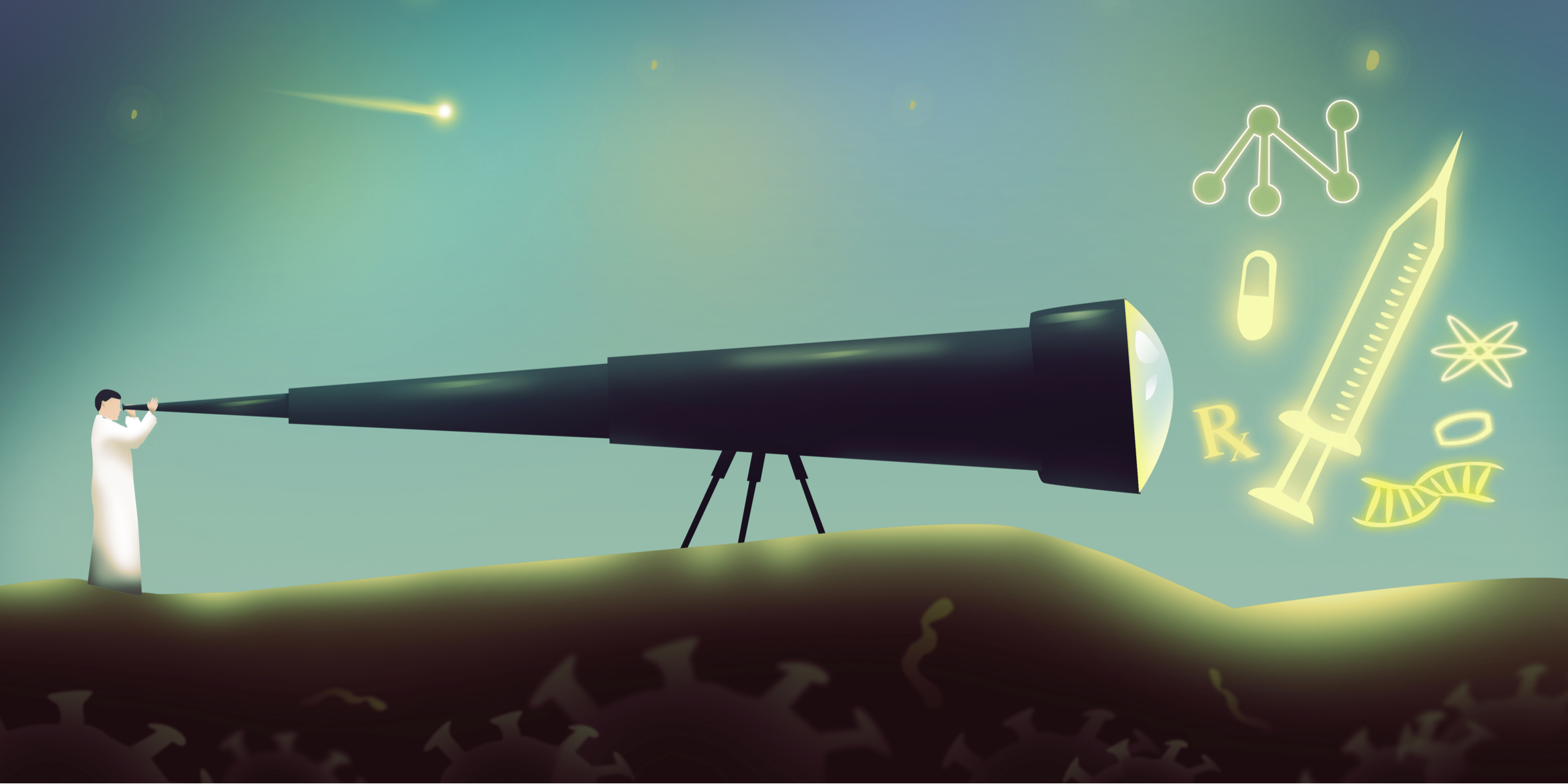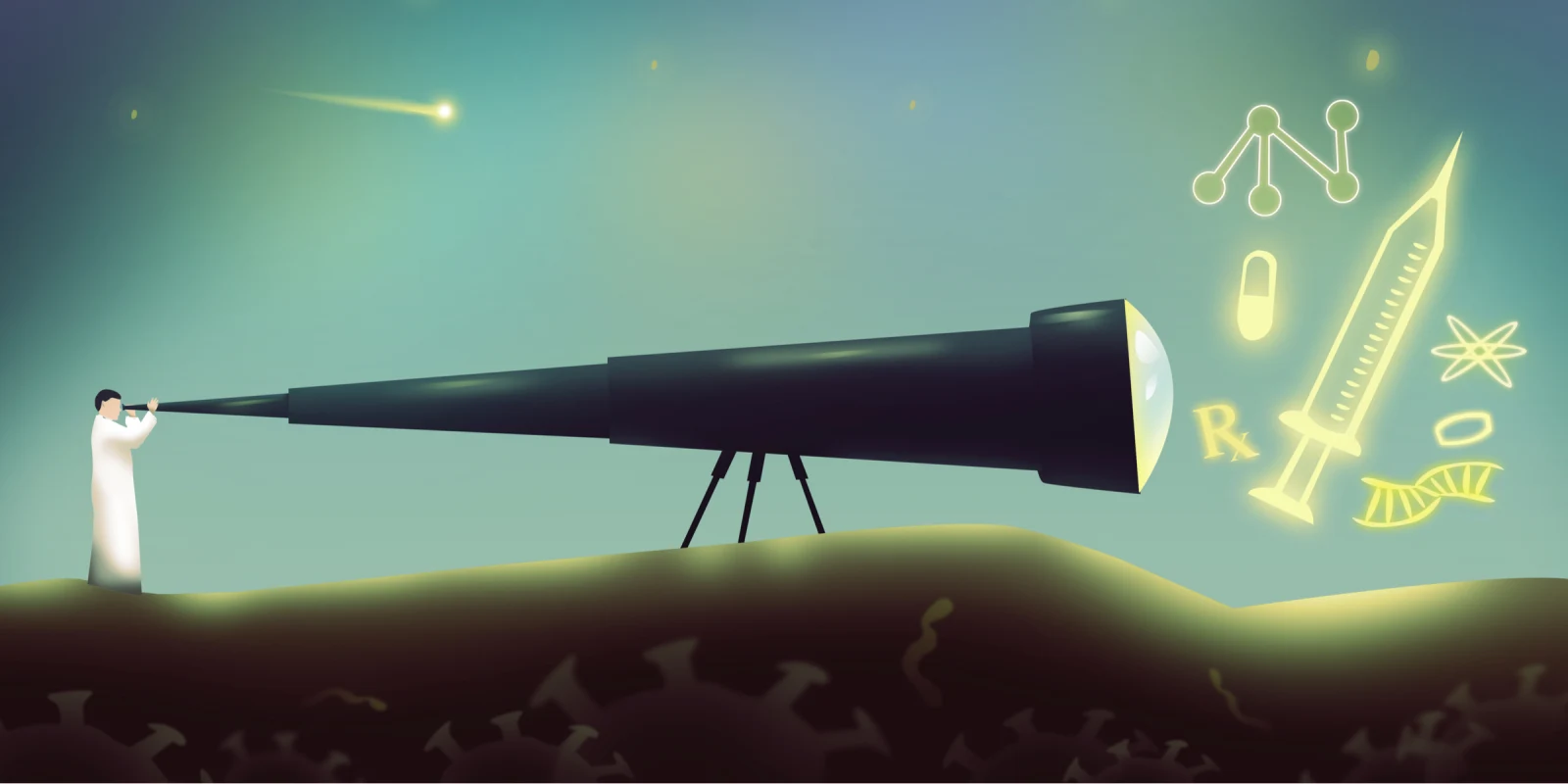
On the Ides of March, I woke up to an evolving pandemic crippled by panic and the unknown. I called my 102-year-old grandmother to let her know I was on my way with essential supplies. I put my toddler in the backseat and drove to the gas station, scanning the aisles for what wasn’t available in stores. I found some milk for the baby, water, and filled up my gas tank. At CVS, I grabbed toilet paper and Clorox bleach. Thankfully, the local Bojangles was open and I ordered my grandmother a family-sized meal.
I arrived at her place and after unloading the food, supplies, and baby; we quickly started to discuss life during this dystopian period. I kept an eye on my toddler and tended to her needs while simultaneously fixing my grandmother’s plate of food. After an hour or so of profound life lessons and support, I confirmed that my grandmother’s caregivers would be there this week before we drove home.
Monday morning approached and I headed to the hospital. I was one of the cardiology fellows in training assigned to work in the echocardiogram laboratory. As soon as I got there, nurses came flooding in asking for guidance on which patients were safe to conduct echoes on and whose cases were urgent. The protocols were evolving and they relied on us to set the safest practices for everyone involved.
“We are relying on the doctors.” One of the nurses told me. The reality of a real pandemic hit me like a meteor. I dissociated to a time in medicine that I only read about. This was a time before clinical algorithms and guidelines. This was also a time before billing was a constant medical topic and the EMR didn’t consume hours of time away from patients. It felt like it was 1918 and we were back to the wards.
That morning, our patients continued to require invasive echocardiogram testing and we were being stretched. As a first year, I learned quickly from my senior how to perform these procedures and — under supervision — started to do them myself. The nurses supplied us with proper PPE and we got to work. It was all hands on deck and our only focus was taking care of sick patients and keeping everyone safe. We were screening patient visits and tests to determine which were most prudent and delaying the rest. We had no script, no guidelines; just deductive reasoning and doing the right thing. Regular patient follow-up clinic appointments were being canceled in our scheduled clinics and we were only planning to take care of those with urgent problems for the next couple of weeks at least.
Although these are extremely sad times, I felt nostalgia for a medicine I dreamed of that has not existed during my training. This pandemic has put us at a standstill. During these dark moments, we have the time to think of ways to improve health care for everyone involved.
Can medicine evolve taking lessons from the past? Could we move disease prevention practices back to the community and supply those in need, like I did with my grandmother? Could patient follow-up visits be conducted via telehealth instead of in-person visits? Patients often have to navigate through a confusing parking lot, sit in the waiting room with those that are contagious, and rush in to check their blood pressure which will undoubtedly be higher than usual. Health providers can travel to rural places or to the elderly to provide care in a community center. For those that have the resources, telehealth technology can be utilized. This can include auscultation and even ultrasound scanning. We will appreciate better how people live and this understanding can improve the doctor/patient relationships. Should we go back to the days when the hospital was only for those that were ill? Communities can be set up for caregiving and their infrastructures can change for better healthy living.
As I drove home that day after work, I thought more about my visit with my grandmother. She recounted a family member of ours who died during the first pandemic. Although she was very young, she remembers a time when health providers were in the home. She is fortunate to have caregivers that come to her. In fact, they get more out of it than she does. She continues to personify resilience and hope, and offered to spend more time with her great granddaughter to teach her math, which she has done for children over the last 80 years. I reflected on how we just keep going no matter what. This time for all of us seems uncertain, but one thing that hasn’t changed in medicine is the future’s dependence on us to be resilient and evolve.
Mary Elizabeth Anne Branch, MD is a cardiology fellow at Wake Forest Baptist Hospital.
Image: Crystal Eye Studio / shutterstock
Click here to see more perspectives on COVID-19 from the Doximity network.
Click here for up-to-date news about COVID-19 on Doximity.







